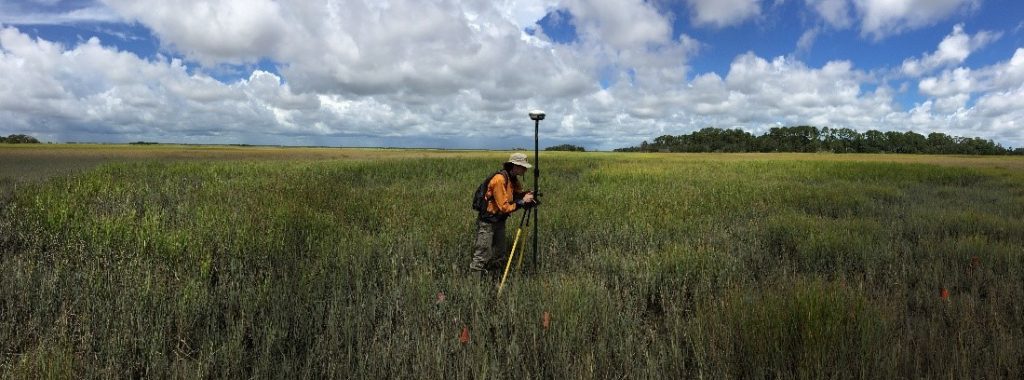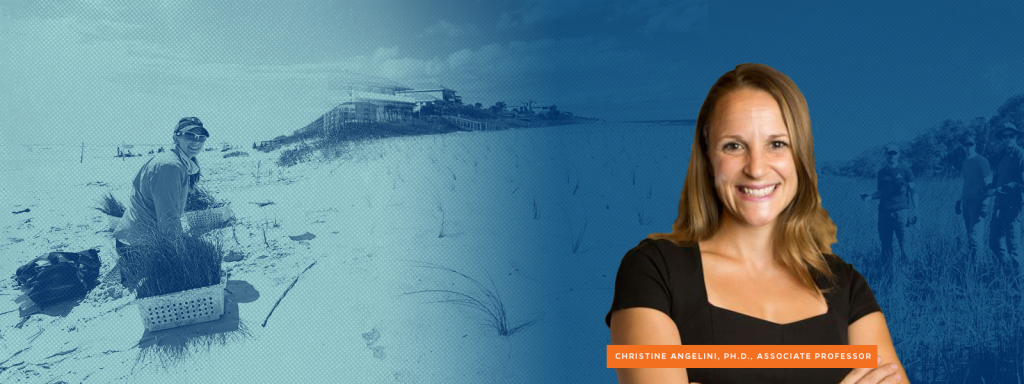Category: Coastal Ecosystem Dynamics
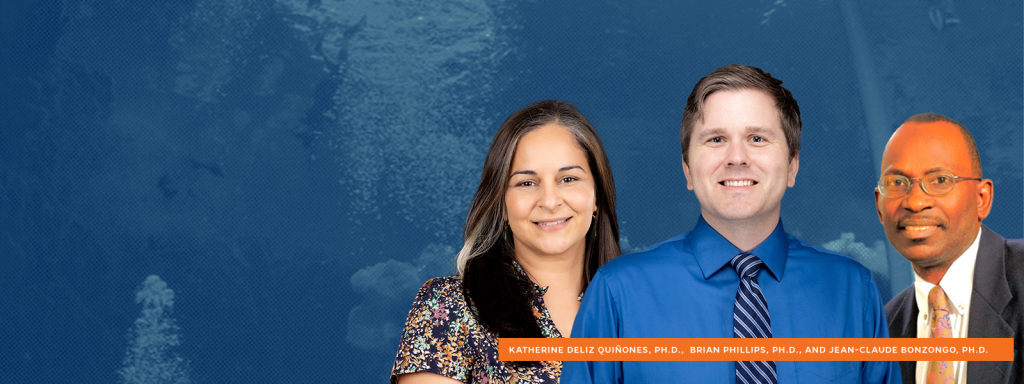
Like Water for Earth
April 22, 2024Water is essential for life. And life on Earth as we know it hinges on our collective ability and commitment to safeguard and preserve the purity of water – a vital resource that unites us all. This Earth Day, we spotlight three researchers from the University of Florida’s Engineering School of Sustainable Infrastructure & Environment […]
Read more »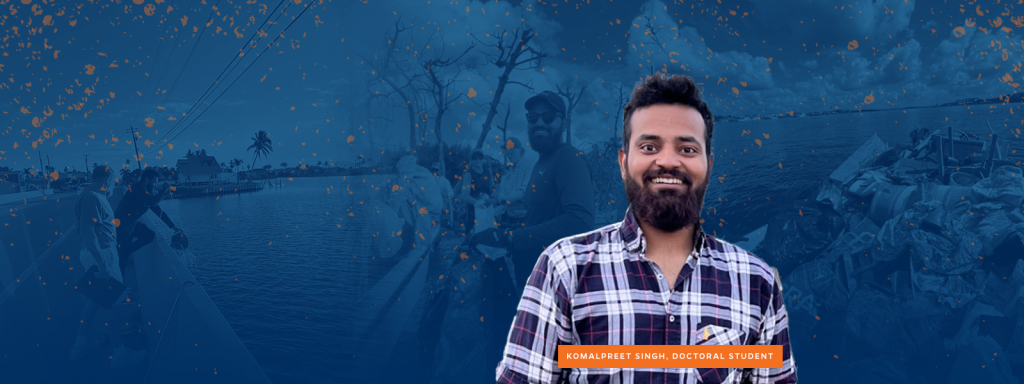
Doctoral Student Gets Hands-On Experience Through NSF Program
April 18, 2024Komalpreet Singh, a doctoral student in the Department of Environmental Engineering Sciences, was selected as a National Science Foundation’s (NSF) GeoHealth INTERN to work with public health professionals to monitor human pathogens and bacteria in bodies of water. To be a GeoHealth INTERN, a graduate student must have at least a full academic year completed […]
Read more »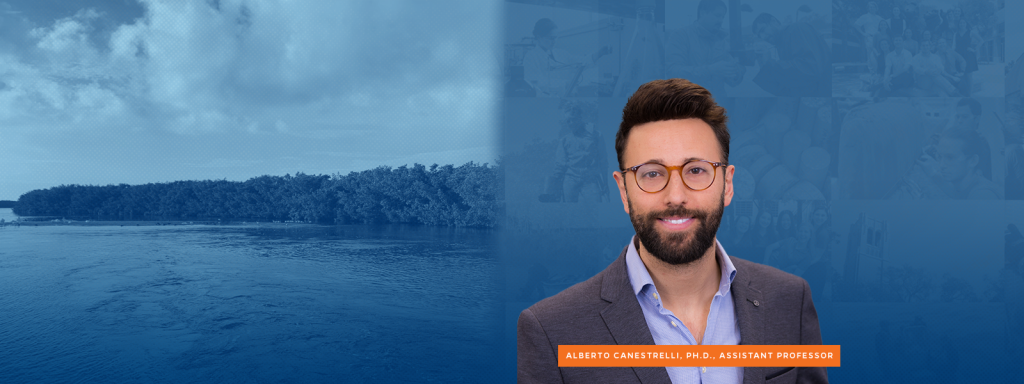
Naturally Restoring Oyster Reef Ecosystems with $1M Award from USACE
December 7, 2023Oyster reef ecosystems are essential for marine life and have been known for being self-sustaining and keeping pace with sea level rise. Reefs provide nutrient regulation and also mitigate erosion by reducing the impact of waves. This wave mitigation benefits surrounding habitats like salt marshes. Because of these beneficial properties there has been a rise […]
Read more »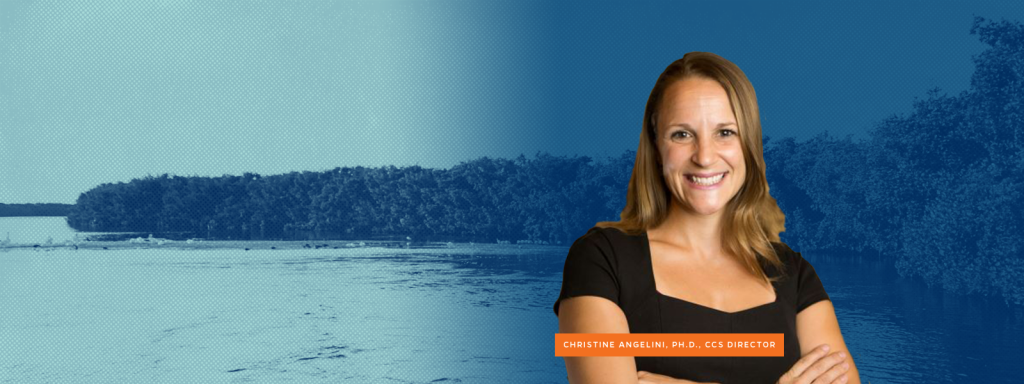
University of Florida partners with SAS to tackle water quality challenges with analytics
August 23, 2022Charlotte Harbor water quality analytics pilot project expands The University of Florida’s Center for Coastal Solutions, or CCS, and the SAS Institute, a global leader in data analytics software, are joining forces to study the factors that influence water quality and the connections between water quality and economic activity in southwest Florida. Funded by the […]
Read more »Land-building wetland plants, champions of CO2 capture, can help counterbalance the effects of climate change
May 16, 2022Peat bogs, salt marshes, mangrove forests and seagrass meadows cover only 1 percent of the Earth’s total surface but sequester more than 20 percent of all the CO2 absorbed by ecosystems worldwide. This unique property arises because plants build these wet landscapes. Through such landscape-forming processes, an enormous amount of CO2 is captured and stored in […]
Read more »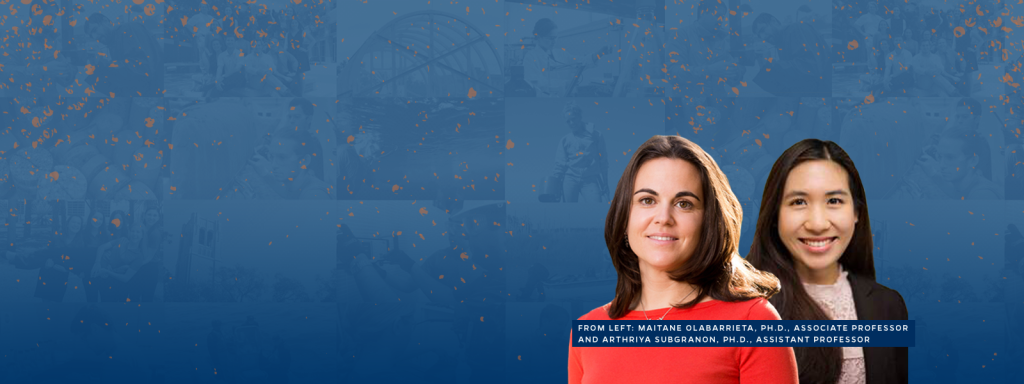
Predicting Damage from Hurricanes Before They Make Landfall
August 5, 2021Weather forecasting systems today predict ever more accurately where hurricanes will make landfall, but tomorrow they may also predict how much damage the hurricanes will do. Maitane Olabarrieta, Ph.D., associate professor, and Arthriya Subgranon, Ph.D., assistant professor, in the Department of Civil & Coastal Engineering within the Engineering School of Sustainable Infrastructure & Environment at the UF Herbert […]
Read more »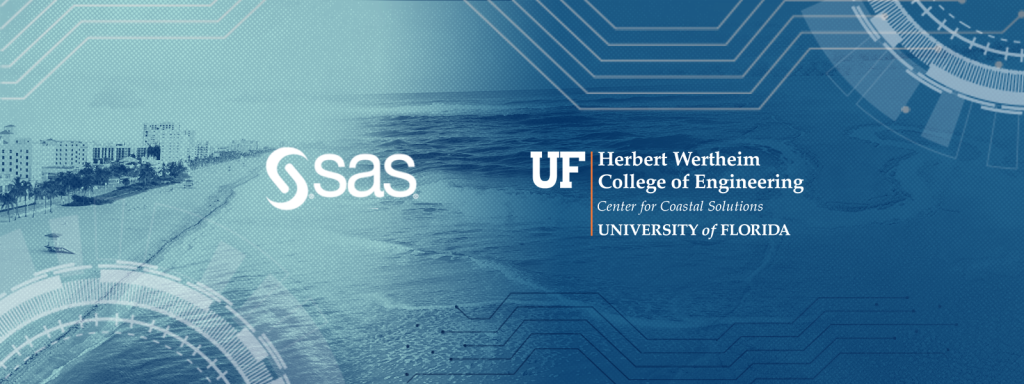
UF Partners with SAS to Expand Artificial Intelligence Efforts in Coastal Communities
June 8, 2021The University of Florida’s Center for Coastal Solutions (CCS) and SAS Institute (SAS) entered a strategic partnership to develop tools, training programs, curriculum and research that will continue to trailblaze around the UF AI initiative and the Herbert Wertheim College of Engineering. The partnership began in January to integrate the center’s cutting-edge research and SAS’ […]
Read more »
